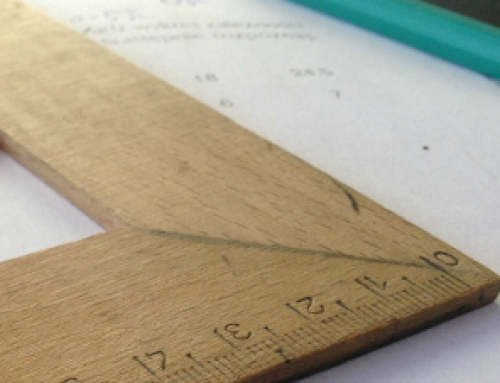A mortgage prequalification is a formal document that indicates that a lender has reviewed preliminary information about your financial circumstances, and based on that information, has determined that you qualify for a specific amount of mortgage loan. Pre-qualifications usually expire after a short time (60 – 90 days), and are usually required by a realtor before they will show you a property.
When Should I get Pre-Qualified
Since they do have an expiration date, it’s best to get prequalified when you are actually ready to look at properties, and have an intention of making an offer within the next month or so. You do not usually need to pay a fee for a pre-qualification, and can get a mortgage prequalification from one lender, then decide to use another lender for your mortgage.
The primary reason for a pre-qualification is to let the realtor (and the seller) know that you are a serious buyer, with the ability to actually purchase the home you’re looking at. This prevents a home owner from having multiple people just stopping by to view their home with no real intention of buying, and it also saves the realtor time showing houses to people who can’t afford to buy them. You don’t need a mortgage prequalification to go to an open house, but it is usually required to make an offer, and in some cases it may be requested before you even view a home.
What Is Involved in Getting Prequalified?
You will usually need to complete an application and may also be asked for the following:
- Copies of paystubs
- Copies of bank statements (to prove down payment funds)
- A credit report authorization form to be signed
Make sure to keep a copy of your pre-qualification. If you run past the 60 or 90 day mark, it’s easy to get one updated by providing updated information, but the lender will usually also pull another credit report. This could add inquiries to your credit report and lower your score slightly. It’s a best practice to delay getting pre-qualified until you are truly ready to buy a home.
Pre-qualifications are a no commitment, no strings attached review of your specific financial situation to see how much money you can afford to borrow and relatedly, how much of a house you can afford. If you aren’t sure what you can afford, contact your local bank or credit union and ask them how to get started with a mortgage prequalification. It’s a great first step on the path to buying your first home and finding out whether your expectations are realistic.














Follow Us